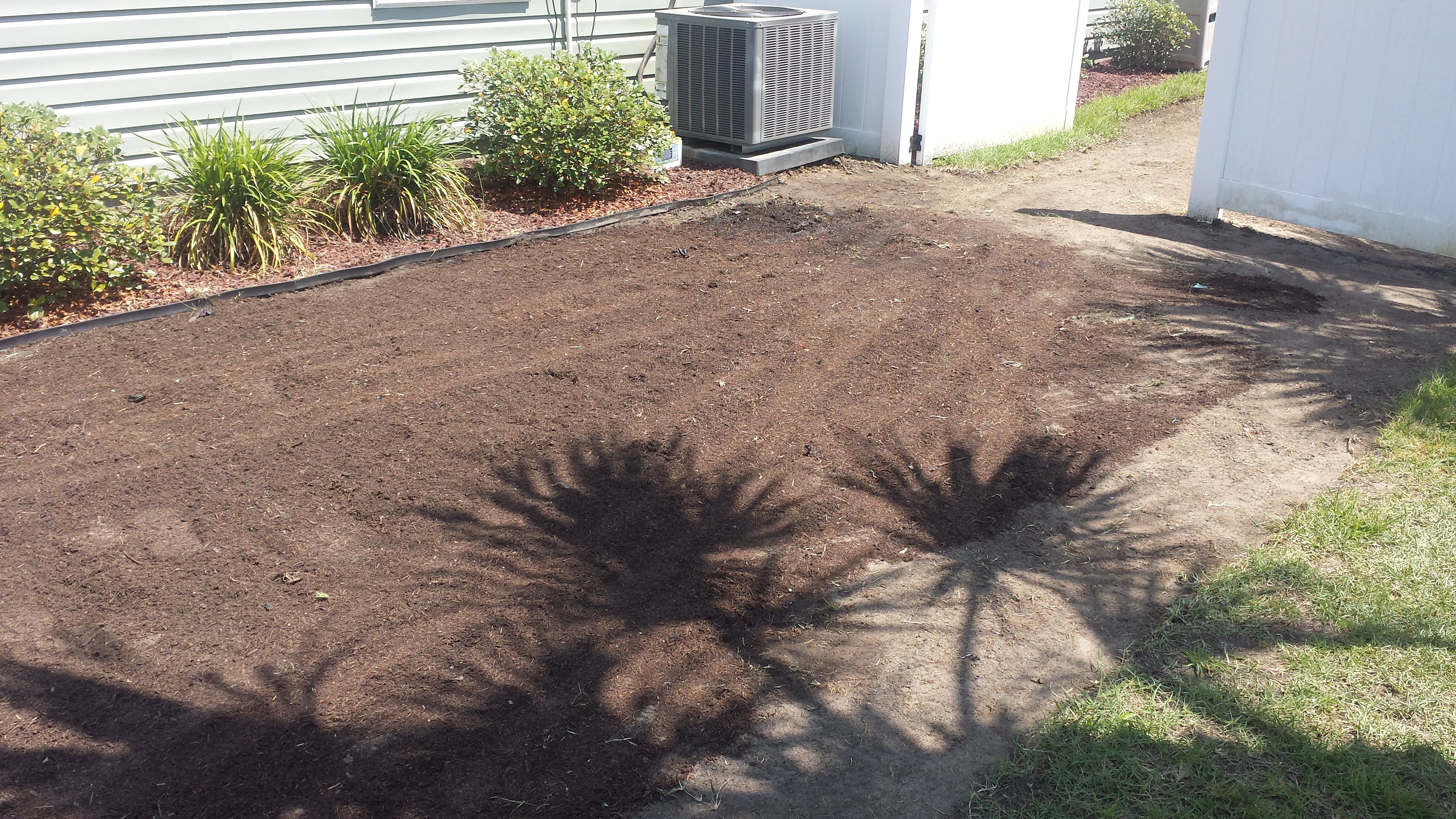
A soil engineer is someone who conducts soil testing and advises on preventive solutions for problems that may arise from expansive soil, saving the homeowner future difficulties.
A soil engineer can be contracted through the architect or builder, or you can contact the engineer directly. It’s important to make sure you hire a soil engineer who is registered and professionally licensed through the state.
What Is a Soil Engineer?
Soil engineers possess a thorough knowledge of soil-structure interaction. They investigate areas proposed for development, analyze site and subsurface conditions and make recommendations for septic systems, grading, earth support, drainage, foundation design, concrete slab on grade construction, and site remediation.
Soil engineers are often hired to perform soil testing on existing structures and sites and investigate any problems caused by the soil conditions, as well as identifying the specific cause and recommending the best repair or mitigation methods.
The most significant hazards are caused by earthquake activity, water, landslides, and compressible and expansive soils. Expansive soils cause millions of dollars in damage annually and many people have literally lost their homes due to extensive damage and the high costs of repair. Expansive soils will “swell” in volume when wet and shrink when dried, often causing houses and other structures to heave, settle, and shift unevenly. Specific foundation systems have been devised to help counteract some of the problems inherent with expansive soils.
When Is Soil Testing Needed?
Soil testing, or a soil analysis, is usually required for building permits. During construction, the soil engineer may need to make further soil tests to make sure subsurface soil conditions are compatible with those observed in the initial investigation and modify the design recommendations as necessary. The soil engineer may also need to evaluate whether the construction is completed in compliance with the meaning and intent of the recommendations provided.
Ready to start your soil testing?
Find ProsA soil analysis can be ordered by a home buyer or real estate agent to learn of any potential hazards that could affect their home and investment over both the short- and long-term. Typically the cost is fairly reasonable, given the potential risk.
For example, many home buyers are not prepared for all the complications of hillside living, including erosion, gullies, mudflows and/or landslides caused by intense winter rains. Soil testing and the resulting maintenance recommendations could help make potential or current homeowners aware of steps to help safeguard their homes.
Soil engineers also provide expert testimony for litigation.
 The Basics of Landscaping
The Basics of Landscaping  Ornamental Trees and Plants
Ornamental Trees and Plants  Artificial Putting Greens: The Ultimate Outdoor Entertainment
Artificial Putting Greens: The Ultimate Outdoor Entertainment  Remodeling? Why You Need a Residential Designer
Remodeling? Why You Need a Residential Designer  Checklist: Winter Landscape Tips
Checklist: Winter Landscape Tips 

We did soil testing on our property before building and found that we would not be able to have a basement. The water table was too high which is very unusual in Colorado!